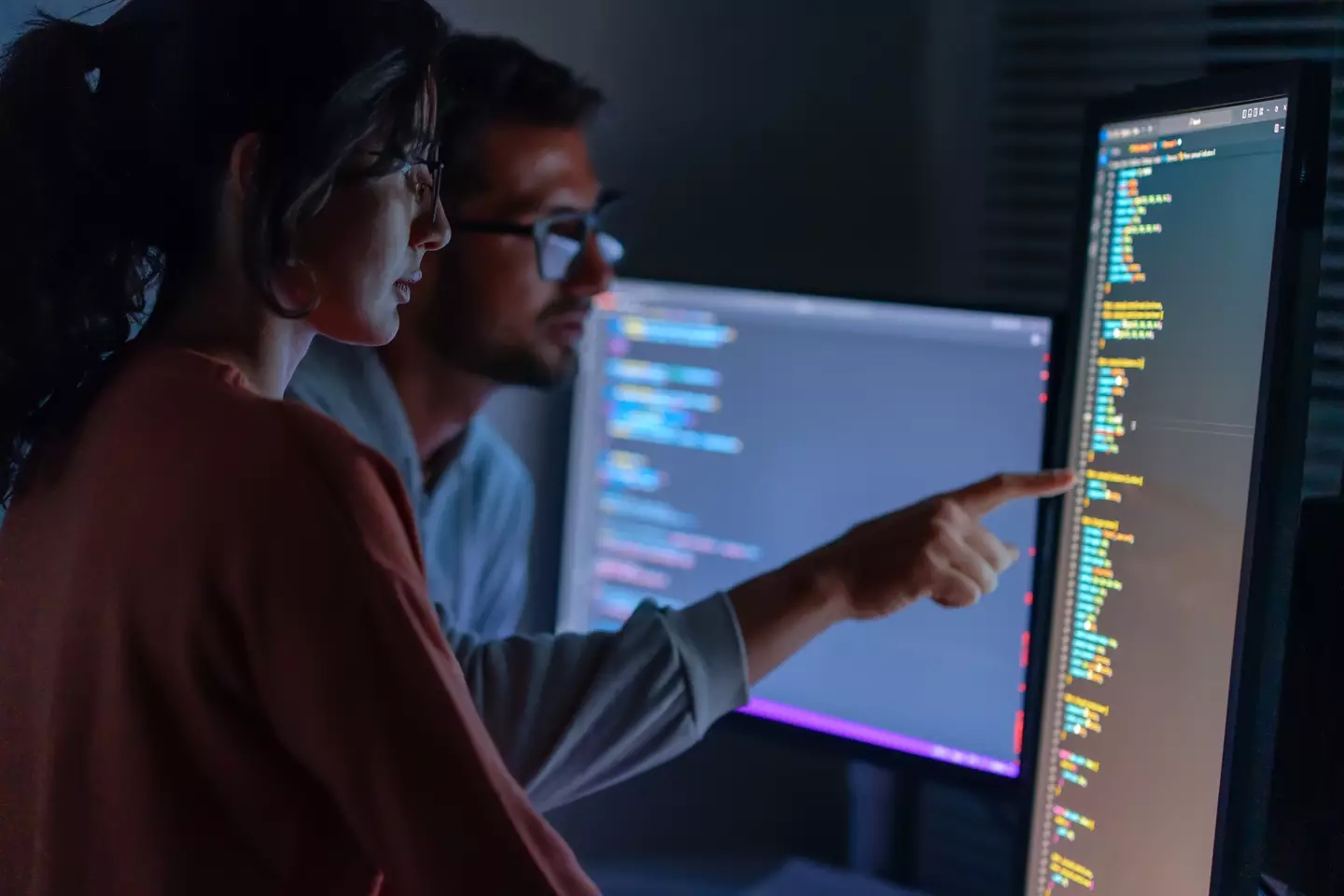
AI is changing the way we work, fast. It’s already handling a lot of our mundane and repetitive tasks, freeing people up to focus on bigger things.
Naturally, however, this shift is making a lot of workers nervous.
One report by revealed that in the 'worst case scenario,' eight million UK jobs could be lost to artificial intelligence. Another study found that 54% of banking jobs can be automated using AI. In fact, just last month, Singapore's major bank DBS announced it may cut around 4,000 job roles over the next three years as AI technology takes over more human tasks. Although, concerns about privacy and security that are non-negotiable in settings like banks are still holding back wider adoption of AI - at least for the time being.
Meanwhile, Microsoft co-founder Bill Gates recently shared his thoughts on the topic.
Advert
.jpg)
The tech billionaire predicted that AI would replace humans for most things, but that doesn't make us powerless. Ultimately, it’s up to us to decide how we use AI and which parts of the work we want to keep doing ourselves, Gates explained.
With that in mind, the philanthropist named three professions he believes are safe from AI takeover. These are coders, biologists and energy experts.
This might sound a bit surprising - almost contradictory - especially as other tech experts are hinting the exact opposite. NVIDIA CEO Jensen Huang recently told young people to think twice before getting into software development, given the current progression of AI, while Salesforce's CEO Marc Benioff recently said his company is 'seriously debating' hiring software engineers in 2025.
Furthermore, OpenAI CEO Sam Altman announced AI would eventually replace software engineers, and so, he suggests that students should 'master AI tools' like his generation did with coding.
But Gates believes while AI can now generate code and even pass technical benchmarks (like OpenAI's o1 reasoning model), human coders are still essential to the process, as per Axios. Human professionals will be needed to identify and correct errors, refine algorithms and support AI's development, Gates described.

Additionally, the 69-year-old claims that biologists are safe in an AI future world.
He argues that AI is great at diagnosing diseases and analysing DNA but reiterates that the technology lacks the creativity needed for biological research and scientific discovery.
Gates also speculated that AI will be a help rather than a hindrance when it comes to achieving global climate goals. But in the meantime, it won't replace energy experts because the field is too complex to be fully automated.
Elsewhere, Gates observed that despite advances in AI and cleantech, the world will likely miss its 2050 climate targets.
"I worry, in general, that the amount of green electricity that we need for the transition is not going to show up nearly as fast as we need," he explained. "If you try to map out and say: 'Let's get to zero by 2050,' you're like: 'Another 10 or 15 years might be more realistic.' It’s very hard to see. We're not going to get to zero by 2050, I don't think."